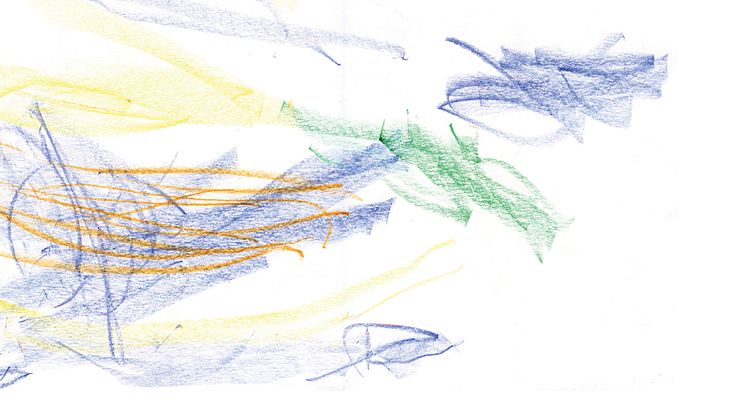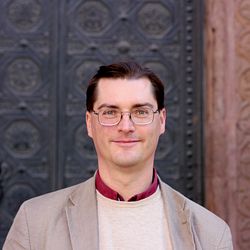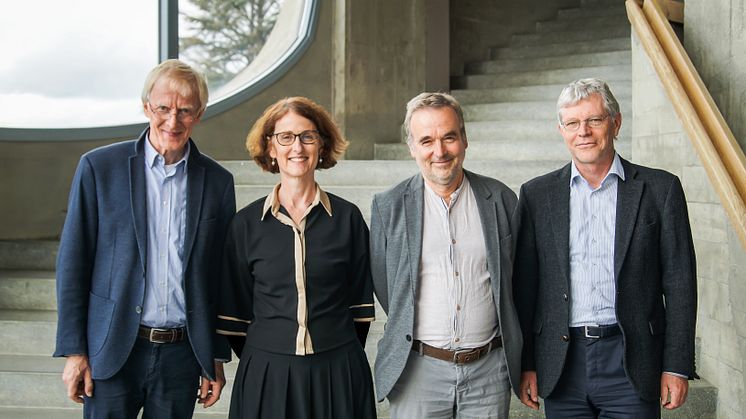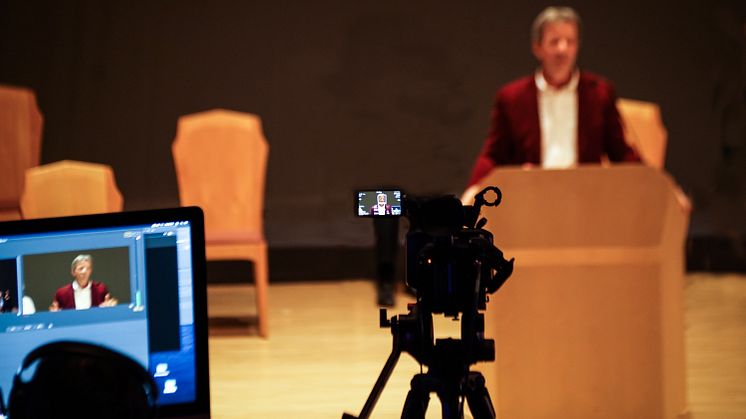
Press release -
Promoting individuality > The Goetheanum‘s contribution to a humane education
Goetheanum, Dornach, Switzerland, 18 March 2022
In the first half of the twentieth century, promoting the uniqueness of each individual became the goal of attempts at educational reform. In a series of videos, the Goetheanum‘s Education Section presents approaches that take their cue from the individual child within their living environment.
The insight that each child is unique is one achieved by the educational reform movements of the twentieth century. Before that, young children were seen as little adults who had to contribute their labour. Later, as adults, men had to serve in the army and women look after their family and home, in accordance with the thinking of church or state. The view today is that children need to be prepared for their tasks in the economy and as consumers.
Educational reform sees children as autonomous individuals. In 2015, in its paper ‘Rethinking education: towards a global common good?’ the Unesco stated, “It can be argued that sustaining and enhancing the dignity, capacity and welfare of the human person in relation to others, and to nature, should be the fundamental purpose of education in the twenty-first century.” For this a dialogical approach to learning was required as encouraged, for instance, by Martin Buber and Paulo Freire. Constanza Kaliks and Philipp Reubke, co-heads of the Goetheanum‘s Education Section, invited several experts to talk about such an educational ideal based on selected personalities of the twentieth and twenty-first century.
The Education Section at the Goetheanum conducts research into anthroposophically inspired education which it keeps developing in dialogue with the Waldorf Steiner Schools around the world.
(1650 characters/SJ; English by Margot M. Saar)
Video series Voices of a humane education Contributions on Paulo Freire (1921–1997), Janusz Korczak (1878–1942), Adolphe Ferrière (1879–1960), Edouard Claparède (1873–1940) and Denis de Rougemont (1906–1985), Martin Buber (1878–1965), Emmi Pikler (1902–1984), Célestin and Élise Freinet (1896–1966, 1898–1983), and Maria Montessori (1870–1952)
Contact person Dorothee Prange
Related links
Topics
Categories
The Goetheanum is the headquarters for the School of Spiritual Science and the General Anthroposophical Society. The School of Spiritual Science with its eleven sections is active worldwide in research, development, teaching, and the practical implementation of its research findings and is supported by the Anthroposophical Society.




